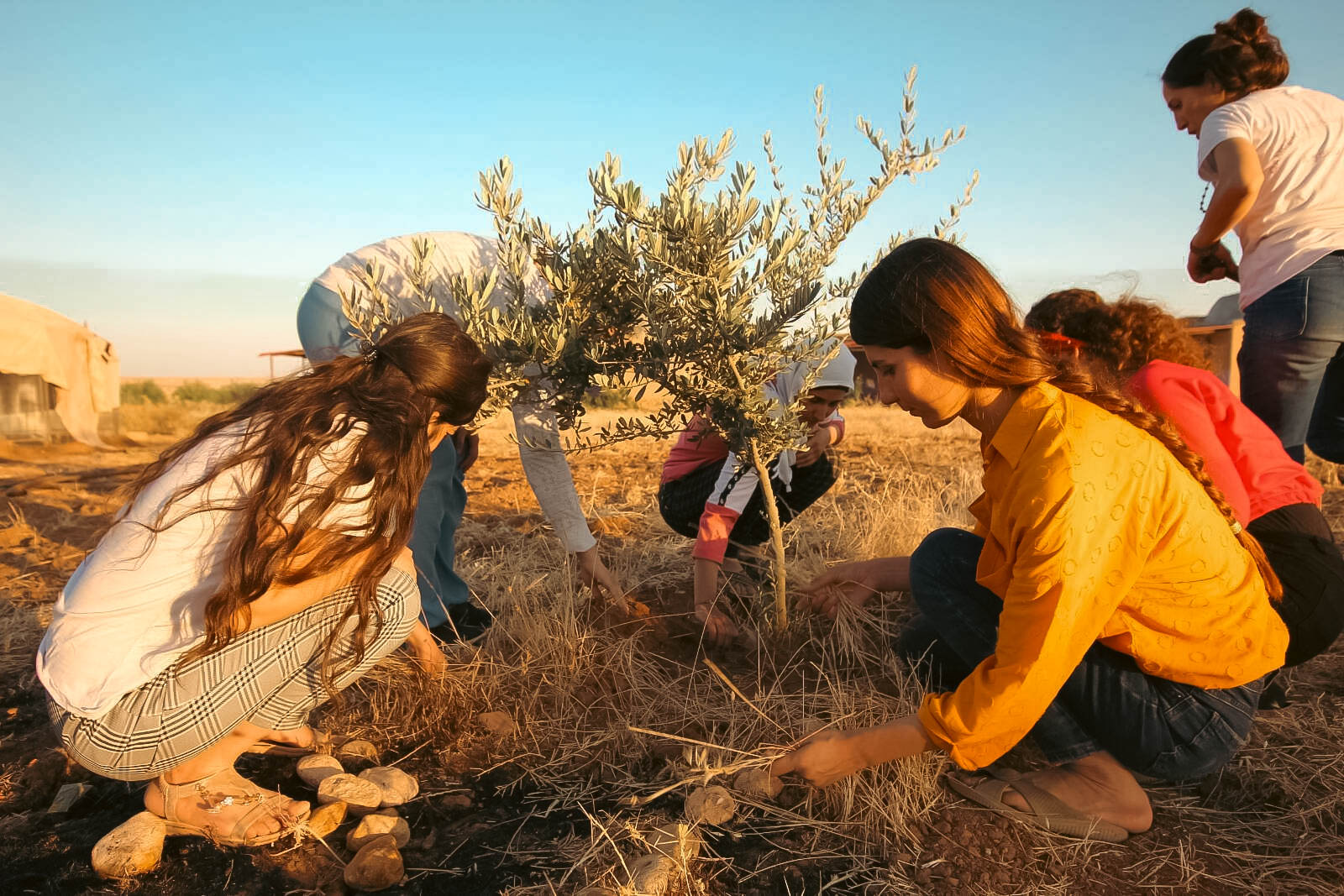Assignment: Prepare and share a one-page article outlining the ways in which communities are surviving and thriving in a changing climate.
I wanted to approach this question in a way that is inclusive of the varying contexts in which climate adaptation, surviving, and thriving may be experienced. In my opinion, terms like thriving can sometimes read as hollow and denote a type of extravagance or collection of material items and wealth; however, definitions are contextual and change depending on numerous factors and interpretation.
In Bullock et al.’s (2015) text about surviving and thriving in a changing climate, the final chapter written by Haddow iterates over adaptation and mitigation strategies that appear grounded in a positivist epistemology. On this list, he recommends solutions like local planning, local leadership, resource mobilisation, and cross-sector collaboration as critical methods for climate mitigation (Bullock et al., 2015, pp. 366-371). With that said, critically, this summary of recommendations appears to operate within regional Western context and doesn’t necessarily account for contextual vulnerabilities. Conversely, Ford et al. (2020), following the themes of O’Brien et al. (2007) as discussed in the reading for section 2.5 (i.e. constructivism and contextual vulnerability), share a matrix of characteristics that affect vulnerability and resiliency. These characteristics include place-attachment, agency, indigenous knowledge transmission, ongoing and adaptive learning, and collective action (Ford et al., 2020, pp. 533-537), and frame resilience as a relational process (Ford et al., 2020, p. 539). Through this, they establish that resiliency, or ‘surviving and thriving’, is interlinked to issues of sovereignty, power, social justice, development, and history (Ford et al., 2020, p. 540).
With that in mind, drawing on my own experience having lived in Kurdistan, the relational approach to resilience discussed by Ford et al. (2020) can be demonstrated with a brief case study where the indigenous people of Rojava (pronounced Ro-zha-va), meaning West in Kurdish, demonstrate resilience through strong place-based cultural identities, collective governance, and transformative gender politics, while concurrently facing significant vulnerabilities linked to geopolitical instability.
Here, the Kurdish liberation movement provides space for climate adaptation by way of shared ideological values shaped by decades of conflict, brutal war, and environmental degradation (induced both by conflict and climate change), among other realities tied to colonialist expansion projects. As Kurdish author and researcher Dilar Dirik describes, care for the environment refuses to be depoliticised from a broader narrative involving consumer culture and anti-capitalist and anti-colonial perspectives, which call for degrowth and social justice (Dirik 2021a, p. 149). Within Rojava, resilience is manifested through emphasis in ideological values supporting ecology, liberation, and a local indigenous form of feminism called Jineology. These are entwined in a way that responds to a long history of subjugation and brutal control, and serves as a tool for anti-colonial resistance among all oppressed peoples (Dirik 2021b, pp. 32-33).
Within this value system, climate change, extractive economies, land dispossession, war, and control of female bodies, among other modes of subjugation and power, are all linked to an underlying structure of patriarchal domination, believed to always reproduce the same hierarchical structures of subjugation and destruction (Dirik 2021, p. 151). As Dirik writes, at its root, patriarchy dominates and controls all those deemed unproductive and exploitable (Dirik 2021a, p. 151). While patriarchal systems may limit adaptive capacity and constrain institutions, indigenous knowledge, and culture (Ford et al., 2020, p. 535), Jineology then provides a mode to shift away from this limitation.
Further, Ford et al. (2020) explains, resiliency and vulnerability are not mutually exclusive binary conditions opposite of one another (Ford et al., 2020, p. 533), and indigenous communities may possess strong adaptive capacity while also facing vulnerability. Rojava has developed into a nexus of political struggle coinciding with a collective and shared understanding of responsibility for the ecology in the region (Skupiński 2025, pp. 95-96). As a result, although presently small in scale with great fragility, enviropolitical initiatives have successfully thrived and created spaces for resistance against numerous forms of oppression; for example, tree planting projects, led by women, are linked to combating environmental degradation while concurrently serving as a means of land reclamation from patriarchal and militarised control and protecting the environment from destruction (Skupiński 2025, p. 89). Within Rojava, democratic councils, which require an equal number of female and male leaders, also lead initiatives connecting agriculture and sustainable living practices, led by women’s committees and cooperatives. Through this, gender roles are challenged and agency is reclaimed, and in doing so, oppressive patriarchal structures that are common in colonised regions are challenged (Dirik 2021a, pp. 149-150).
Reference list
Bullock, J.A., Haddow, G.D., Haddow, K.S. and Coppola, D.P. (2015). Living with Climate Change: How Communities Are Surviving and Thriving in a Changing Climate. Auerbach Publishers, pp.365–379.
Dirik, D. (2021a). The Kurdish women’s movement : history, theory, practice. London: Pluto Press.
Dirik, D. (2021b). Stateless citizenship: ‘radical democracy as consciousness-raising’ in the Rojava revolution. Identities, 29(1), pp.1–18. doi:https://doi.org/10.1080/1070289x.2021.1970978.
Ford, J.D., King, N., Galappaththi, E.K., Pearce, T., McDowell, G. and Harper, S.L. (2020). The Resilience of Indigenous Peoples to Environmental Change. One Earth, [online] 2(6), pp.532–543. doi:https://doi.org/10.1016/j.oneear.2020.05.014.
O’Brien, K., Eriksen, S., Nygaard, L.P. and Schjolden, A. (2007). Why different interpretations of vulnerability matter in climate change discourses. Climate Policy, 7(1), pp.73–88. doi:https://doi.org/10.3763/cpol.2007.0706.
Skupiński, M. (2025). Women, Environmental Activism, and Stateless Citizenship in Post-state North-East Syria. Springer Nature Link, pp.71–101. doi:https://doi.org/10.1007/978-3-031-83537-7_3.
Generated from this page's metadata. Double-check your institution's guidelines.
